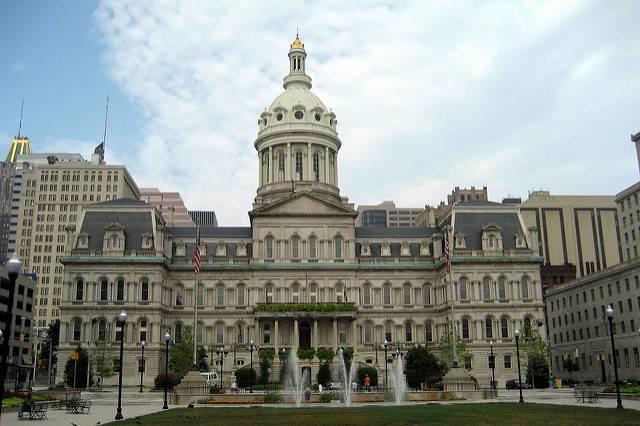
No one disputes that being a police officer is difficult and that those in blue put themselves at risk of harm every day. But, as demonstrated by a slew of publicized use-of-force incidents, police departments across the country are struggling to reign in bad actors and improve relations with the communities they serve. As any African-American will tell you, such issues are far from new – the only difference is that cell phone cameras and social media afford the general public greater visibility of the problem.
To that end, during the Barack Obama administration, the Department of Justice launched oversight programs with many struggling police departments. Generally known as consent decrees, the goal of these efforts are to reform police departments in order to rebuild trust with local communities and make law enforcement more efficient and accountable.
But in a memorandum issued last week and publicly released on Monday, Attorney General Jeff Sessions ordered a review of all of the DOJ’s activities, including investigations, prosecutions, grants, trainings and compliance reviews. “The misdeeds of individual bad actors should not impugn or undermine the legitimate and honorable work that law enforcement officers and agencies perform in keeping American communities safe,” Sessions wrote in his order.
Critics say this directive could undo some of the positive changes that are happening within police departments in large and small cities alike. The shift in policy away from “pattern-or-practice” cases risks rekindling the mistrust between local communities and police departments. And the policy reversal could also affect local businesses in neighborhoods across the country that have suffered due to violence.
One example is the Mondawmin and Woodbrook neighborhoods of Baltimore, where tempers flared after local residents said police officers’ behavior exacerbated tensions in the days after Freddie Gray’s death in April 2015.
Sessions’ latest move will upset civil rights activists, but as Washington Post reporter Sarah Posner pointed out, this change “is likely to thrill elements of Donald Trump’s white nationalist base.” Critics of the DOJ’s investigations of police departments are quick to claim such tactics are a prime example of federal overreach. Posner, however, responds that since the program first started in the mid-1990s, the Justice Department has launched legal action against only a tiny sliver of the 18,000 police departments across the United States.
Baltimore could be one city adversely affected by Sessions’ directive. Not only is the city’s political and law enforcement leadership willing to follow through on the reform of its police department, but Baltimore has already committed millions of dollars over the next few years to follow through on these changes.
The city’s police commissioner said Baltimore will launch the process with or without the federal government’s guidance. While the city’s police department was the target of much scrutiny in the days after Gray’s death, other incidents -- including a “1930s gangster-style” spate of police violence -- convinced many local stakeholders that more action was needed to reform the department.
The potential rollback of these consent decrees could also affect cities such as Chicago, Cleveland, Seattle and Ferguson, Missouri. The Donald Trump administration says this reversal is about public safety, but opponents counter that such announcements are more about appealing to the president’s base.
“We know that reform is not important to the president or the attorney general,” Baltimore City Councilman Brandon Scott said in an interview with the Baltimore Sun. Let's hope the DOJ heeds the call of lawmakers like Scott and rethinks its position on rolling back collaboration with city governments.
Image credit: Wally Gobetz/Flickr

Leon Kaye has written for 3p since 2010 and become executive editor in 2018. His previous work includes writing for the Guardian as well as other online and print publications. In addition, he's worked in sales executive roles within technology and financial research companies, as well as for a public relations firm, for which he consulted with one of the globe’s leading sustainability initiatives. Currently living in Central California, he’s traveled to 70-plus countries and has lived and worked in South Korea, the United Arab Emirates and Uruguay.
Leon’s an alum of Fresno State, the University of Maryland, Baltimore County and the University of Southern California's Marshall Business School. He enjoys traveling abroad as well as exploring California’s Central Coast and the Sierra Nevadas.














